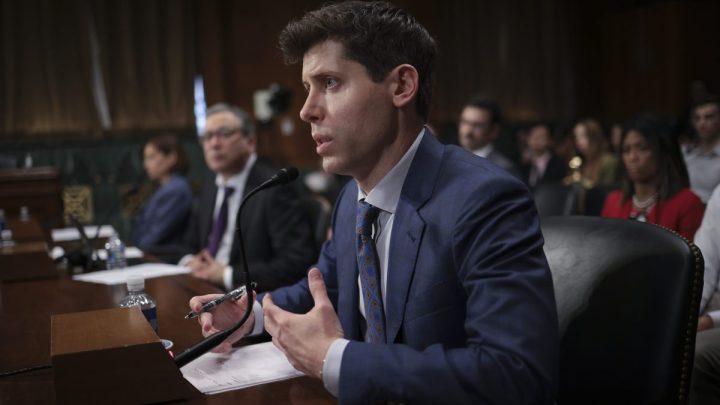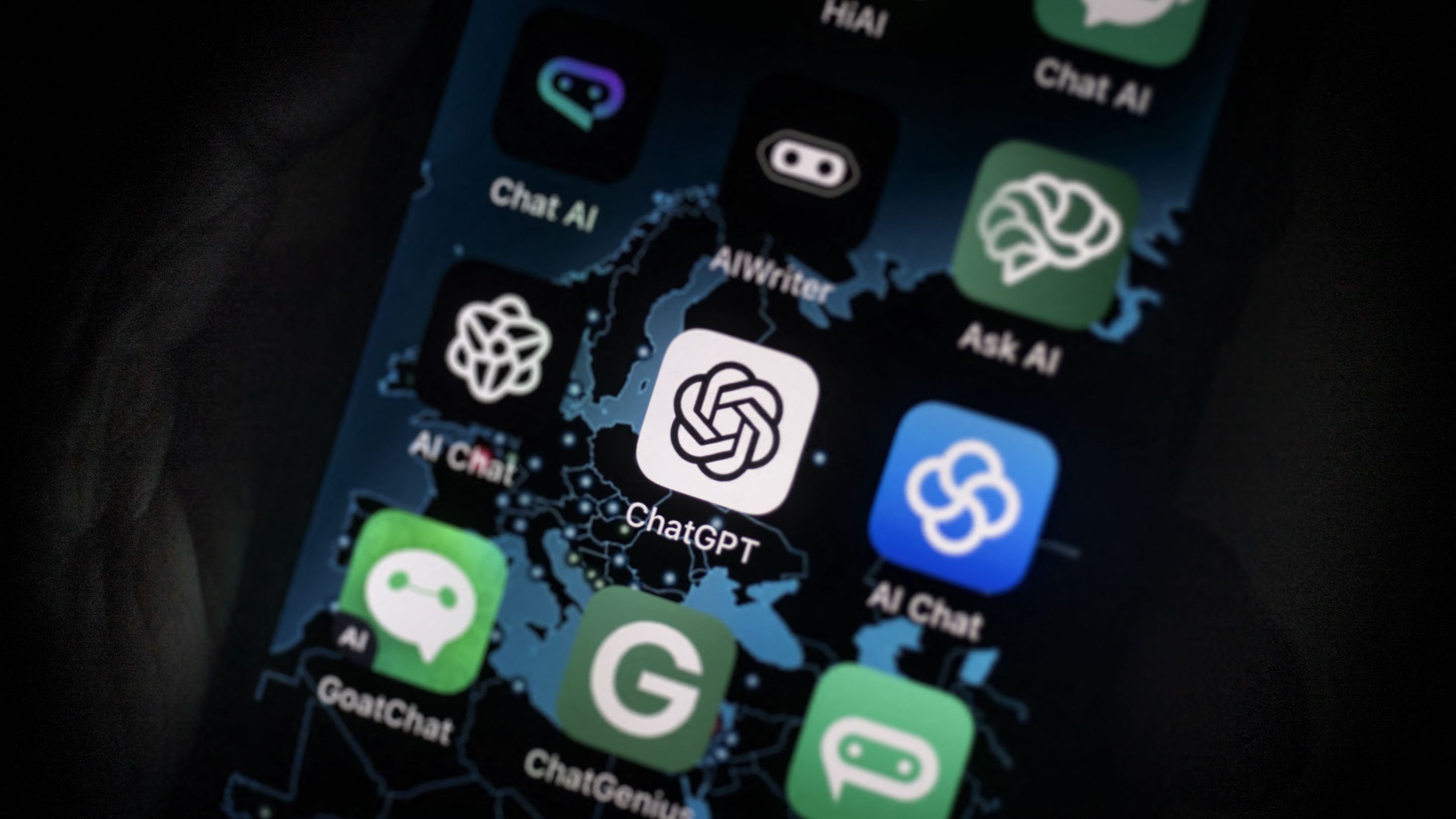
Congress hasn’t had the best record of regulating new tech. Could AI be different?
Congress hasn’t had the best record of regulating new tech. Could AI be different?

The CEO of the company that introduced ChatGPT to the world testified before Congress on Tuesday. Sam Altman, the head of OpenAI, told a Senate Judiciary Subcommittee of the great potential of artificial intelligence to complete feats like finding new cancer treatments.
At the same time, Altman eerily said, “if this technology goes wrong, it can go quite wrong.”
Congress does not have the best track record when it comes to proactively regulating emerging technologies — look at the world of social media. The question is whether this time is different.
Sometimes it feels like Congress is better at creating meme-able soundbites about tech than creating tech-savvy regulations. Take into consideration the viral remix of how former Alaska Senator Ted Stevens characterized the internet back in 2006: “The internet is not — the internet is not a big truck. The internet … it’s a series of tubes.”
There were no “series of tubes” moments in today’s hearing on AI, which supposedly bodes well. But former Federal Trade Commission lawyer Charlotte Slaiman said Congress is always going to be at a disadvantage in tech expertise.
“Congress is responsible for everything. They are absolute generalists. And that’s why we have regulators,” she said.
Creating an AI-specific cabinet department was an idea floated at today’s hearing, as were licenses for developing AI models and AI accuracy scorecards.
Slaiman said unlike the early days of the internet and social media, both Democrats and Republicans seem more receptive to the need for federal intervention.
“I think the bipartisan interest in addressing these problems is a special opportunity,” she said.
It’s cliche to say, but tech almost always moves faster than public policy. Although Darrell West at the Brookings Institution said there is one relatively recent example where the U.S. got it’s act together pretty quickly.
“As soon as nuclear power came around, there was widespread agreement that we couldn’t just leave this to private companies,” he explained. “We needed a very strong regulatory agency that could step in.”
West said he’s optimistic that the U.S. could replicate that path with AI, but the type of global cooperation we saw in the 20th century on, say, nuclear weapons?
“It seems impossible for the United States, Russia and China to agree on anything,” he said. He thinks that’s going to be more complicated.
There’s a lot happening in the world. Through it all, Marketplace is here for you.
You rely on Marketplace to break down the world’s events and tell you how it affects you in a fact-based, approachable way. We rely on your financial support to keep making that possible.
Your donation today powers the independent journalism that you rely on. For just $5/month, you can help sustain Marketplace so we can keep reporting on the things that matter to you.

















